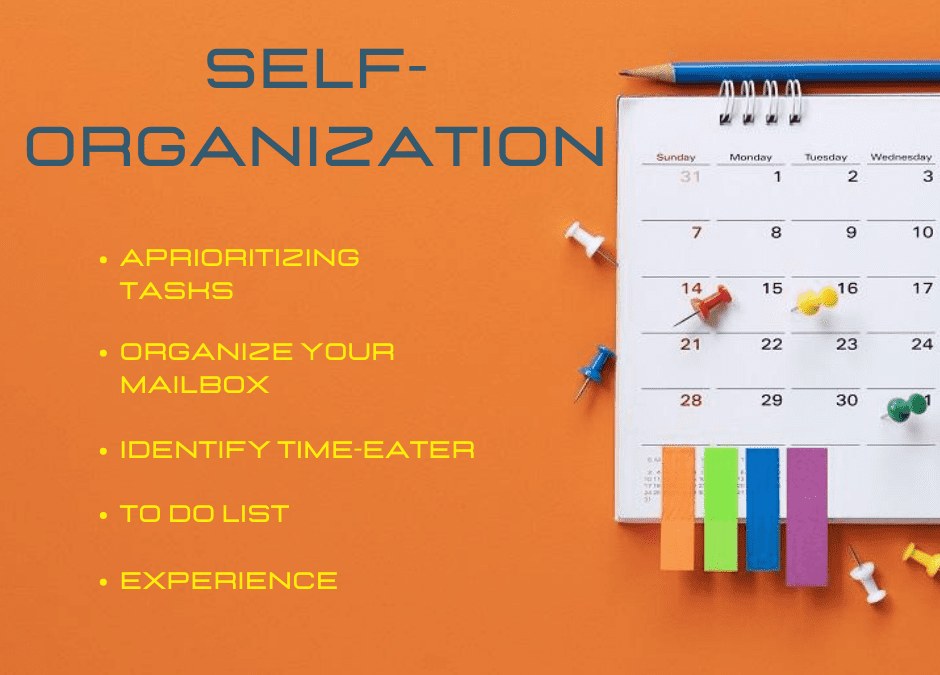The coronavirus and the associated contact restrictions will probably continue to accompany us for some time. This also means that many of us will continue to work more in the home office than in the company. That is why I would like to dedicate this article to the topic of self-organisation – a challenge, not only in the home office, however.
Tip 1: Prioritise tasks
Prioritising your tasks is one of the essential tools to organise yourself better and become more efficient. One approach to this is the so-called “Eisenhower Principle”, which distinguishes between important and urgent tasks (see: https://www.coverdale.at/das-eisenhower-prinzip/).
Tip 2: Organize Your mailbox
How many e-mails do you receive daily? Whether it’s 50, 100 or even more – a tidy inbox is extremely helpful to keep track of your e-mails. One way to achieve this is to distinguish between prioritisation and processing. In the first step, the mail is prioritised and moved to different subfolders, e.g. “process today”, “process this week”, “process sometimes”, etc. This can also be combined well with the Eisenhower principle (see also tip 1). Only in the second step are the e-mails processed. This way, your inbox always remains clear, and the risk of missing something is reduced.
Tip 3: Identify time gobblers
Everybody knows this: A working day is over, and you ask yourself what you did all day. Getting clarity about this can be an exciting starting point for improvement. Try documenting for one day how much time you need for which tasks. The important thing is, to be honest with yourself. The recording only serves your self-reflection.
Tip 4: To-do lists
To always have an overview of all your tasks and minimise the risk of forgetting something, to-do lists are essential. It does not matter in which form you do it. The possibilities are almost unlimited. No matter if it is your app, Excel list or the good old Post-It – the main thing is that your tasks are recorded and scheduled in some form.
Tip 5: Experiment
Perhaps the most important hint: Each of us has a different personality and different preferences. What one person finds helpful is useless for the other. Therefore, it is most important to try out different procedures and tools and to adopt the one that suits you best consistently. Unfortunately, there is no “patent remedy” that is valid for all of us.


Recent Comments